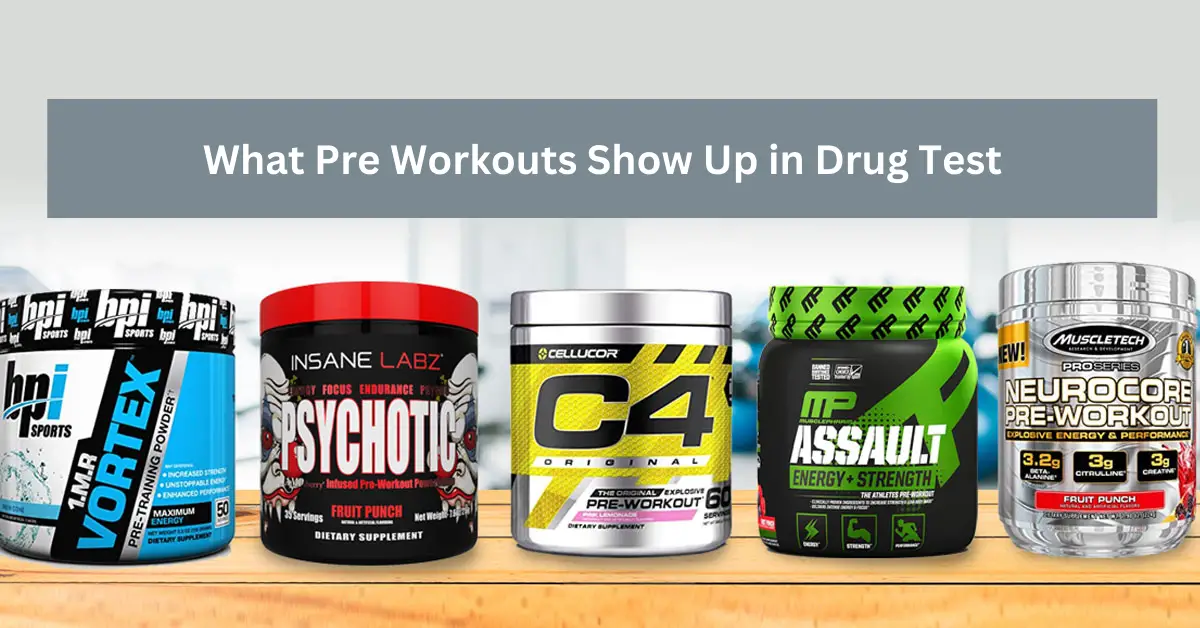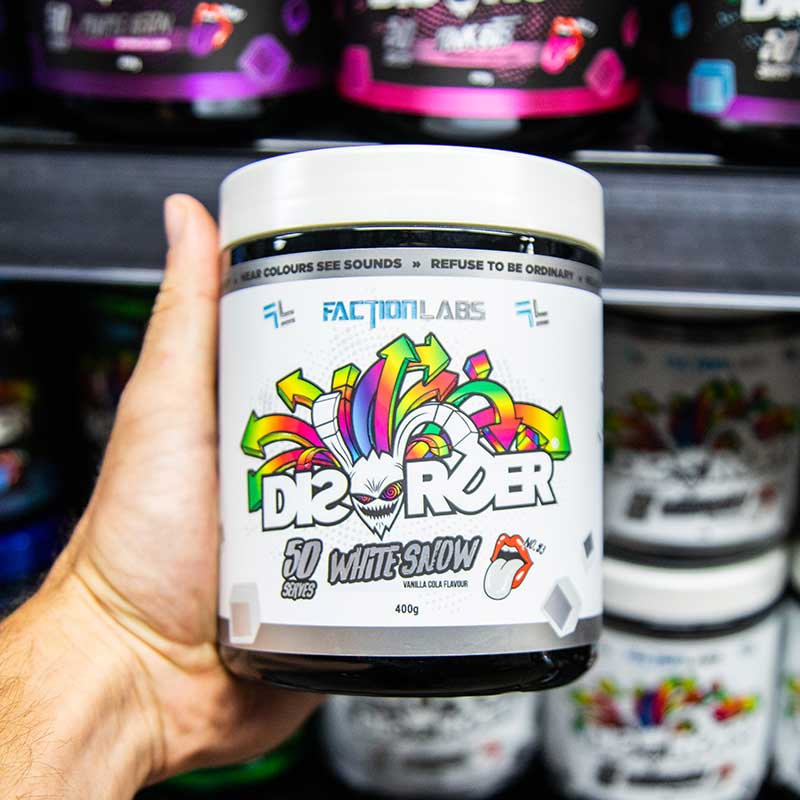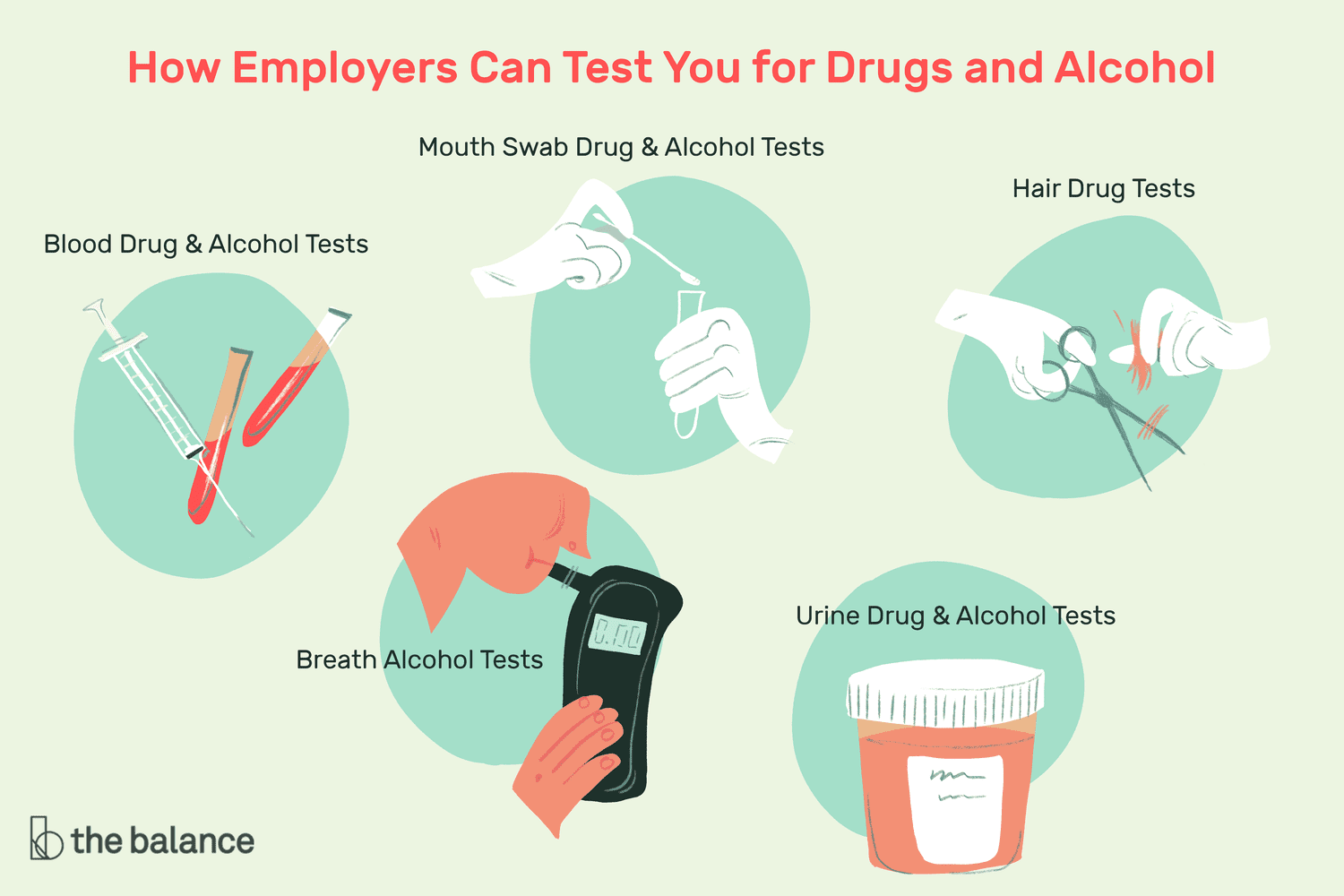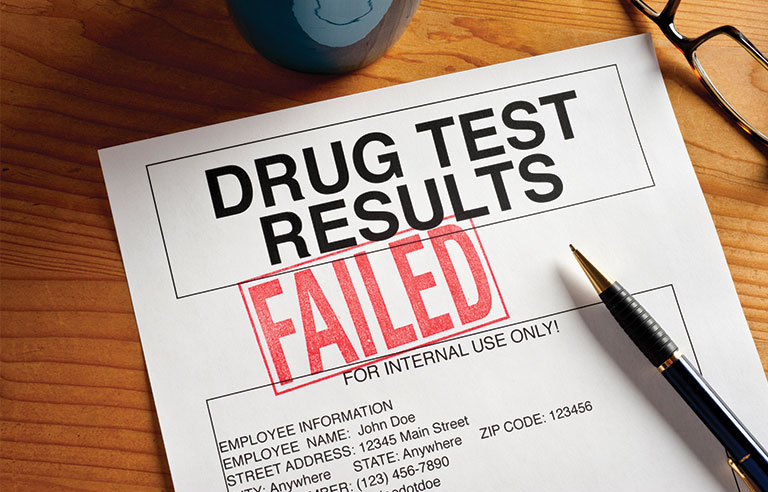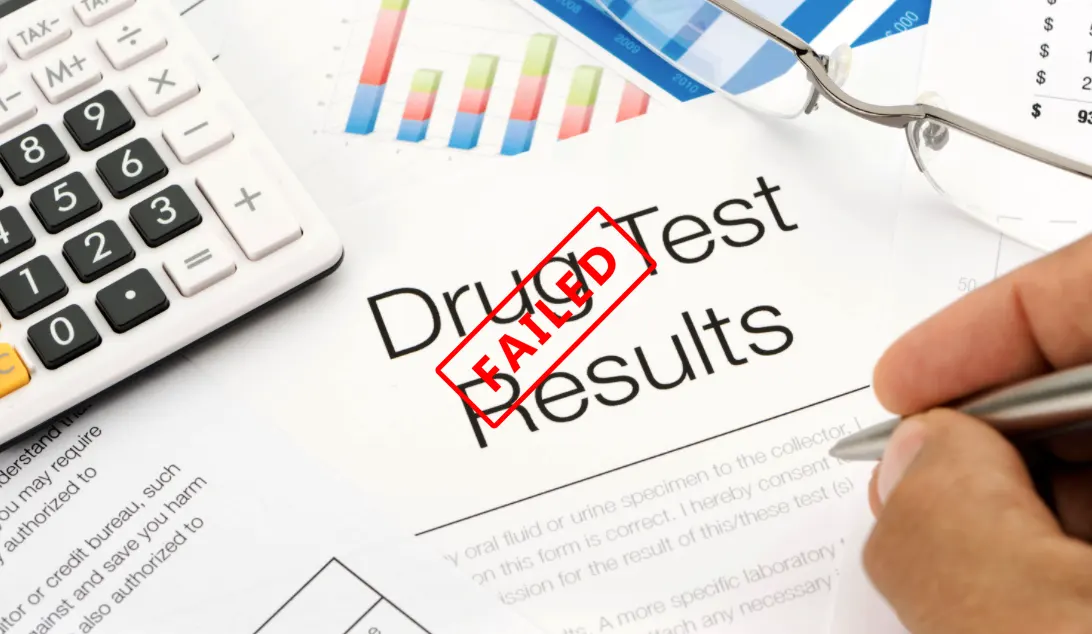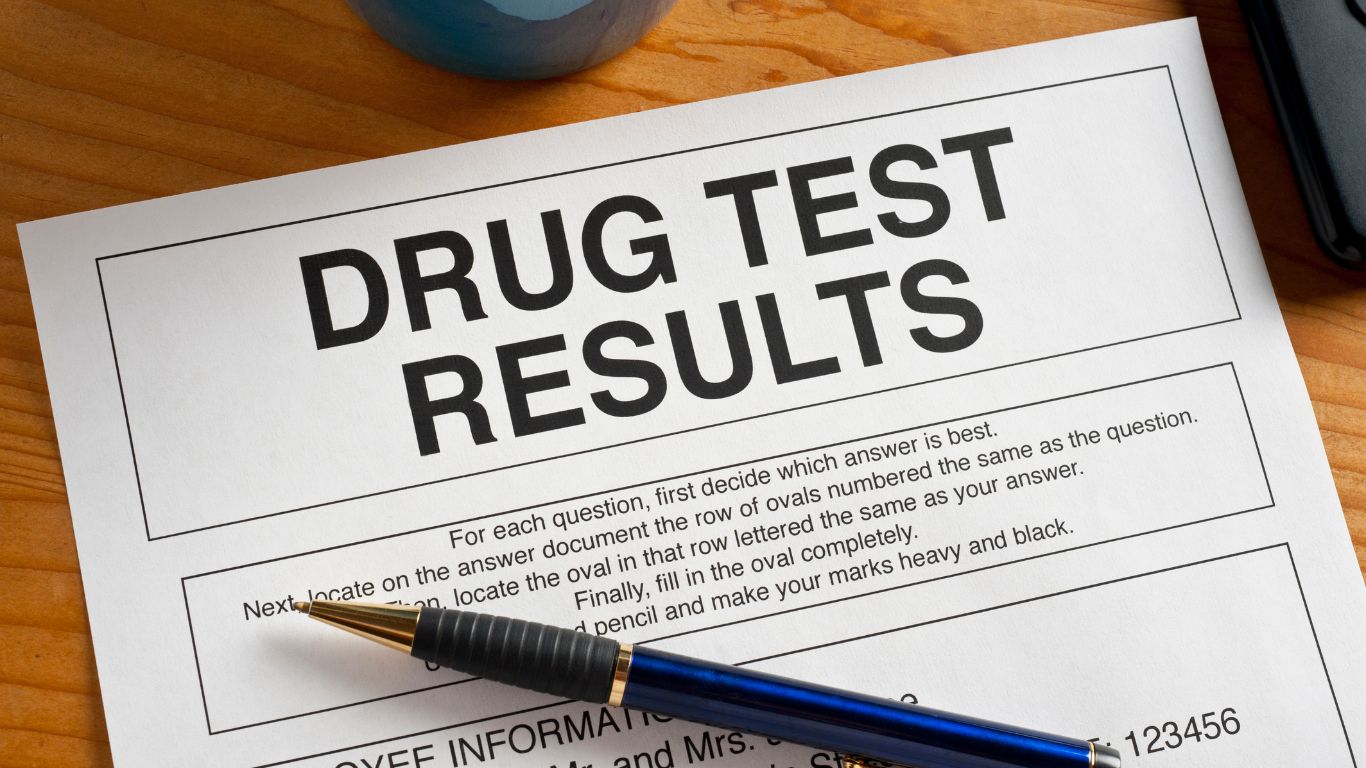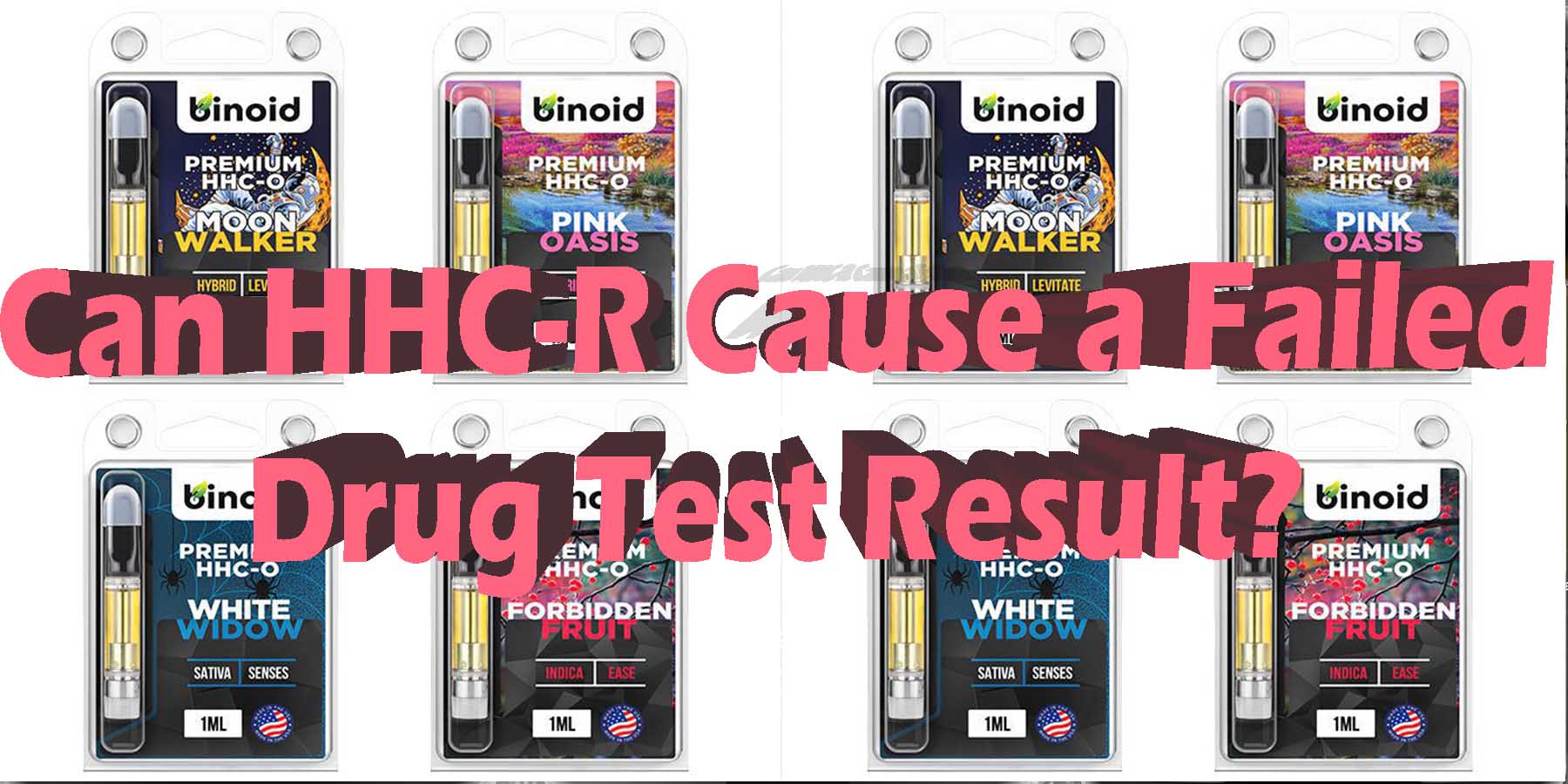Can Pre Workout Cause You To Fail A Drug Test

The quest for peak performance in athletics and fitness often leads individuals to explore various supplements, with pre-workout formulas being a popular choice. But a shadow of doubt looms over these performance enhancers: can they inadvertently lead to a positive drug test? This question has serious implications for athletes, military personnel, and anyone subject to drug screening policies.
At the heart of the issue lies the complex composition of pre-workout supplements. Many contain ingredients that, while intended to boost energy and focus, may be prohibited by various anti-doping agencies and employers. This article aims to explore the potential risks involved and clarify whether pre-workout supplements can indeed cause a failed drug test.
Understanding the Ingredients and the Risks
Pre-workout supplements are a diverse category, and their formulations vary widely. Common ingredients include caffeine, creatine, amino acids, and various herbal extracts. The presence of prohibited substances, often undeclared or disguised under different names, is the primary concern.
One major risk stems from supplement contamination. Studies have shown that some supplements contain substances not listed on the label, including banned stimulants, anabolic agents, and other prohibited drugs. These contaminants can occur during manufacturing or through cross-contamination in facilities that process both allowed and prohibited substances.
The World Anti-Doping Agency (WADA) maintains a list of prohibited substances, and athletes are responsible for ensuring that anything they consume does not contain these substances. However, the supplement industry is not as tightly regulated as the pharmaceutical industry, making it difficult for consumers to verify the true contents of a product. This poses a challenge to avoid failing a drug test.
Common Culprits and Their Mechanisms
Certain ingredients in pre-workout supplements are more likely to cause a positive drug test. Stimulants are among the most common culprits.
DMAA (1,3-dimethylamylamine), for example, was once a popular ingredient in pre-workout formulas but has since been banned by many organizations due to its stimulant effects and potential health risks. Its presence in supplements, even if unlabeled, can lead to a failed drug test. Similarly, substances like DMHA (2-aminoisoheptane), a DMAA analogue, also have raised concerns.
Another potential issue lies with ingredients that might metabolize into prohibited substances. Some prohormones, for example, can convert into anabolic steroids in the body, leading to a positive test for steroid use.
The concentration of ingredients also plays a vital role. Even seemingly harmless substances, when consumed in excessive amounts, might trigger a positive result due to cross-reactivity with testing assays or due to metabolites reaching detectable levels.
Navigating the Risks: Informed Choices and Precautions
Given the risks, individuals who undergo drug testing should exercise extreme caution when using pre-workout supplements. Informed decision-making is crucial.
Carefully scrutinize the ingredient list. Look for any substances that are on banned lists, or that are ambiguous or unfamiliar. If unsure, consult with a qualified professional such as a sports dietitian or physician.
Consider opting for third-party certified supplements. Organizations like NSF International and Informed-Sport test supplements for banned substances and contaminants, providing an added layer of assurance. However, even with certification, no guarantee of absolute safety is possible.
The US Anti-Doping Agency (USADA) and similar national anti-doping agencies also offer resources and guidance for athletes. This includes databases of prohibited substances and educational materials about supplement risks.
Be aware of the potential for false positives. While less common, drug tests can sometimes produce false positives due to cross-reactivity with certain substances or lab errors. If you test positive, it is crucial to request a re-test of the sample and to investigate any possible explanations.
The Broader Implications and Societal Impact
The issue of pre-workout supplements and drug testing has significant implications beyond individual athletes. It raises concerns about the regulation of the supplement industry and the need for greater transparency.
The widespread use of supplements highlights the pressure to perform, both in competitive sports and in recreational fitness. This pressure, combined with the lack of reliable information about supplement contents, creates a risky environment.
From a legal perspective, individuals who fail drug tests due to contaminated supplements may face serious consequences, including suspension from sports, loss of employment, and reputational damage. There is often little recourse for individuals who inadvertently consume banned substances through contaminated supplements.
The lack of strict regulations on supplements puts the onus on individuals to protect themselves. Due diligence and awareness are critical to mitigate the risks associated with pre-workout supplements.
Conclusion
Can pre-workout cause you to fail a drug test? The answer is a resounding yes, due to the potential for contamination with banned substances. While not all pre-workout supplements contain prohibited ingredients, the risk is real, and the consequences can be severe.
Individuals subject to drug testing must approach pre-workout supplements with caution, prioritize informed decision-making, and consider the potential ramifications of a failed test. By taking a proactive approach and understanding the risks, individuals can better protect themselves from inadvertently jeopardizing their careers and reputations.




